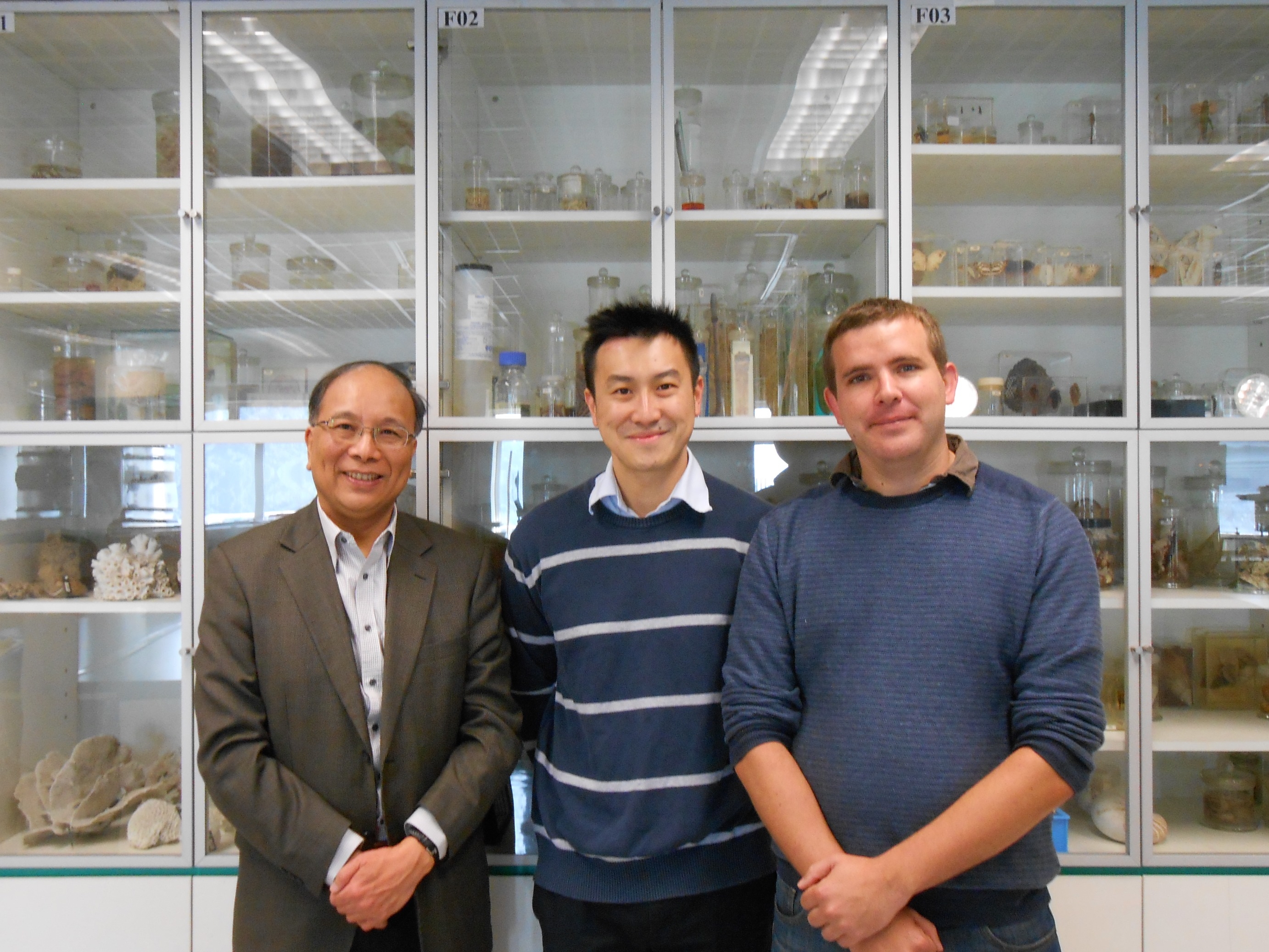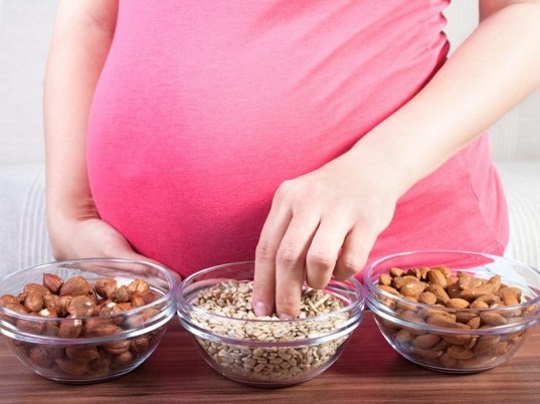CUHK Researcher Named Croucher Senior Research Fellow 2014-15
Professor Liwen JIANG, Choh-Ming Li Professor of Life Sciences, has been presented the prestigious Senior Research Fellowship of The Croucher Foundation, in recognition of his outstanding achievements in the international scientific community. The award was presented by The Honourable Mr John Tsang Chun-wah, Financial Secretary for Administration of the HKSAR Government. Professor Liwen JIANG is a plant cell biologist and has been focusing on understanding the molecular mechanisms of protein transport and organelle biogenesis in plants over the past 15 years. Since protein transport and organelle biogenesis are crucial for plant development and plant stress resistance, understanding of their molecular mechanism will in future contribute to the development of plant biotechnology. Professor Jiang received the Croucher Senior Research Fellowship in 2009/2010 due to his outstanding research achievements in the study of plant protein transport. This is the second time Professor Jiang has been awarded by the Croucher Foundation. Recent Discovery of Magic Plant Protein Recently, Professor Jiang and his research team from the School of Life Sciences (SLS) have identified a magic protein that regulates vacuole biogenesis and vacuole-autophagosome-mediated degradation in plant cells. These findings, shedding new light on the molecular mechanisms of organelle biogenesis and function in plants with potential impact on crop improvement and plant biotechnology, have recently been published in the Proceedings of the National Academy of Sciences (PNAS), the official scientific journal of the National Academy of Sciences of USA. Food storage and garbage removal are the important and integral parts of our normal human life. As the largest biomass energy source, plants also require proper nutrient storage and recycling of the metabolisms for sustaining the plant life. Vacuole, a large membrane-bound organelle in plant cell, is the food storage center and waste disposal center during plant growth and development. There are two types of vacuoles in plant: protein storage vacuole (PSV) and lytic vacuole (LV). PSV usually exists in seed for storing storage proteins, while LV exists in vegetative cells containing hydrolytic enzymes. Normally, materials are delivered into the LV via endosomes for degradation. In addition to the endosome-vacuole degradation pathway, autophagy is another stress-induced degradation pathway that targets abnormal metabolic cargoes (such as proteins or damaged organelles) or pathogens into the vacuole via a double-membrane organelle termed autophagosome. Finally, the breakdown products are transported back into the cytosol for reuse. With these properties, vacuole controls many important aspects of crop physiology including seed germination, pathogen defense, and growth under nutrient-limiting conditions; therefore, knowledge on the underlying mechanisms of vacuole biogenesis and degradation will provide new tools for crop improvement and plant biotechnology. Recent Discovery of Magic Plan Protein Published in PNAS As a further development of a previous work published early this year in Current Biology(http://www.cpr.cuhk.edu.hk/sc/press_detail.php?1=1&id=1903), in the study published in PNAS, Professor Jiang’s team further identified the new functional roles of this magic protein in regulating vacuolar protein transport, vacuole biogenesis and vacuole-autophagosome-mediated degradation. They have demonstrated that this protein is essential for vacuolar protein transport and vacuole biogenesis because mutant plant lacking this protein failed to form normal PSV in seed and central LV in vegetative cells, where normal vacuolar proteins are found to be secreted into the extracellular spaces. Since certain plant seed PSVs are rich in proteins, understanding the mechanisms of PSV protein targeting and PSV biogenesis will facilitate future application of using plant seeds as bioreactors for increasing crop nutrient components or producing pharmaceutical proteins. In addition, since the autophagy pathway is also involved in plant defense to pathogen attach, understanding of this protein on autophagosome-vacuole-mediated degradation of pathogens will provide new direction in future development of pathogen-resistance crops.
|
|
















